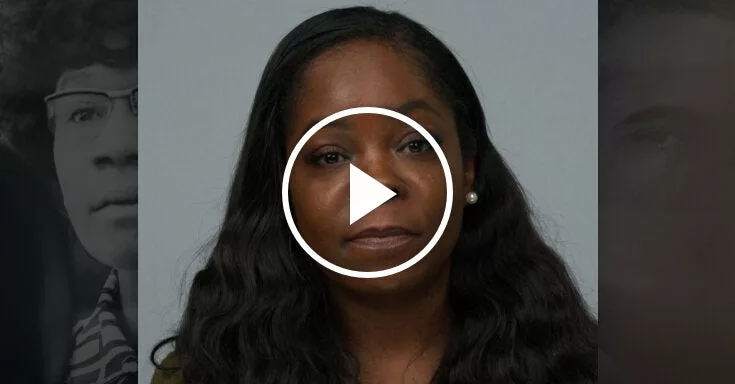The preservation of Black history in the United States has become a contentious issue in recent years, sparking debates across communities and institutions. As various states and school districts implement policies that limit discussions around race and historical events related to Black Americans, activists and educators are rallying to combat these efforts. This article explores the current landscape of Black history education, the implications of recent legislative actions, and the broader societal impacts of erasing or revising historical narratives.
In recent months, several states have introduced or passed laws that restrict how educators can teach about race, racism, and historical events tied to Black Americans. These measures often cite concerns over “critical race theory” (CRT), a framework that examines how systemic racism is embedded in laws and institutions. Proponents of these laws argue that they prevent divisive or uncomfortable discussions in classrooms, but critics contend they undermine the importance of understanding America’s full history, including the struggles and achievements of Black Americans.
One notable example is Florida’s “Stop WOKE Act,” which aims to limit discussions about race and gender in educational settings. Similar legislation has emerged in states like Texas and Virginia, prompting protests from educators, students, and civil rights advocates who argue that these laws stifle necessary conversations about racism and its historical roots. The implications of such policies extend beyond the classroom; they affect how future generations will understand and engage with America’s complex social fabric.
Activists are mobilizing to counter these legislative efforts by advocating for comprehensive Black history education. Organizations like the NAACP and the Black Lives Matter movement are at the forefront of this fight, emphasizing the need for an honest portrayal of history that includes the contributions and experiences of Black Americans. They argue that a well-rounded education is crucial for fostering empathy, understanding, and social justice.
In addition to grassroots activism, many educators are finding creative ways to teach Black history despite restrictive policies. Some are incorporating literature, art, and community-based projects that highlight Black voices and experiences. By doing so, they aim to create inclusive learning environments that encourage critical thinking and foster a deeper understanding of race and history.
The fight to preserve Black history is not just an educational issue; it also reflects broader societal tensions regarding race in America. As discussions around systemic racism and social justice continue to gain traction, the efforts to erase or sanitize Black history can be seen as a backlash against these movements. This struggle underscores the importance of recognizing and addressing the historical injustices that have shaped the nation.
As the debate over Black history education unfolds, it is essential for individuals to engage in conversations about the past and its relevance to contemporary issues. Understanding the complexities of history allows for a more informed citizenry that can advocate for justice and equality. The ongoing battle to preserve Black history is not merely about education; it is about ensuring that all voices are heard and that the lessons of the past inform a more equitable future.
In conclusion, the efforts to erase Black history represent a significant challenge to the integrity of education in the United States. As activists, educators, and communities continue to fight for a comprehensive understanding of history, the importance of these discussions cannot be overstated. By confronting uncomfortable truths and embracing the full tapestry of American history, society can work towards a future that honors all its narratives and fosters a more just and inclusive environment for everyone.
